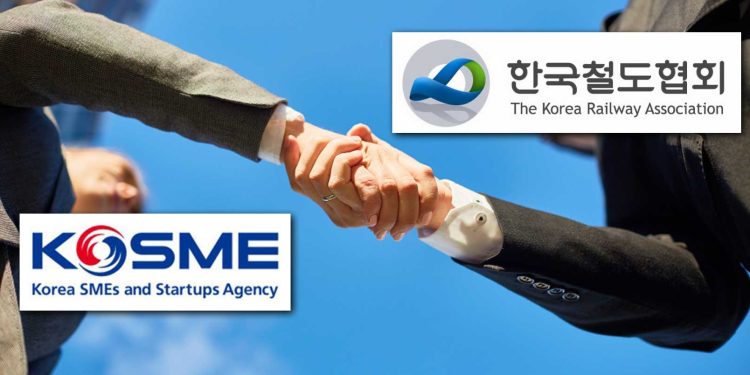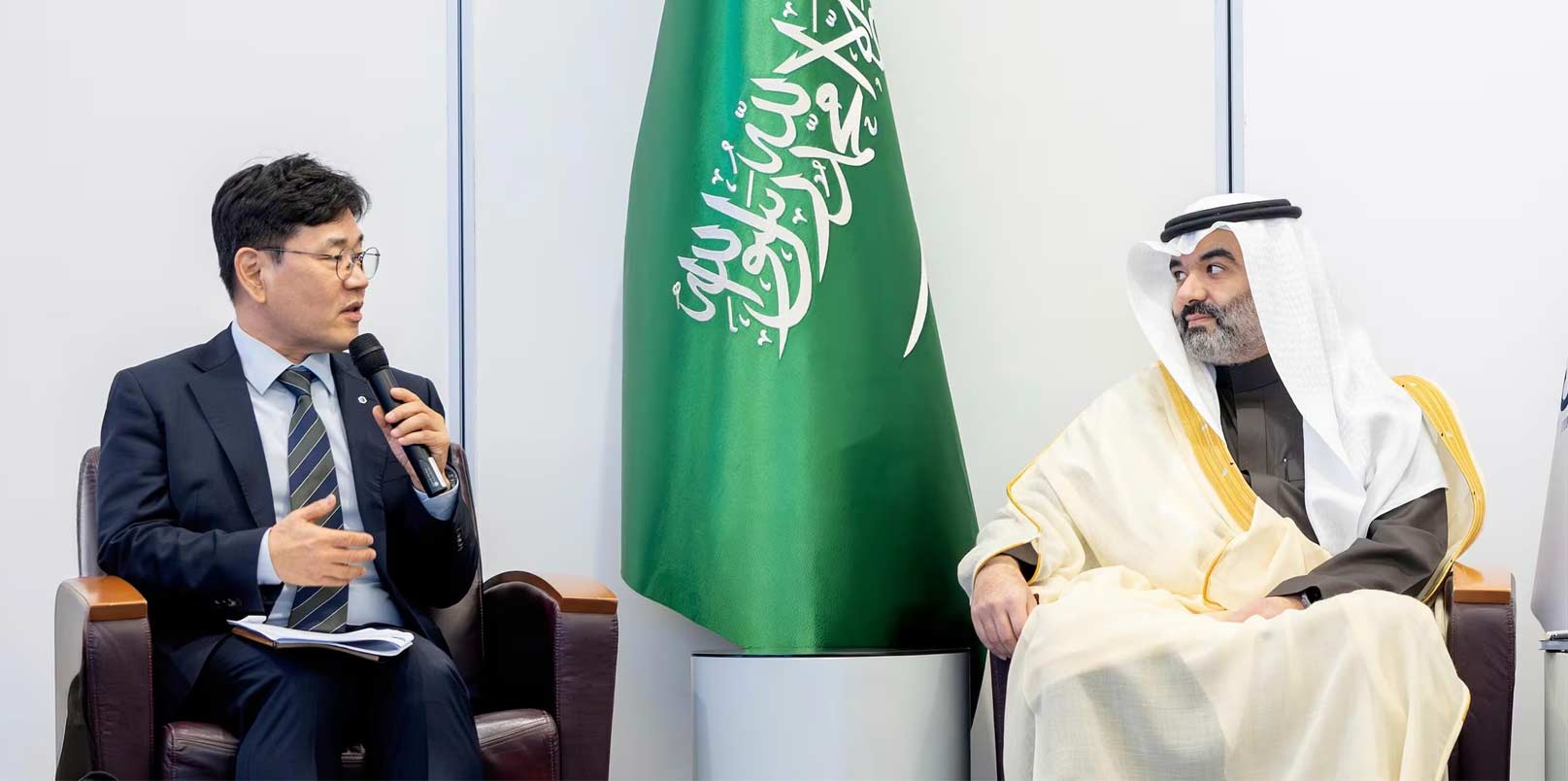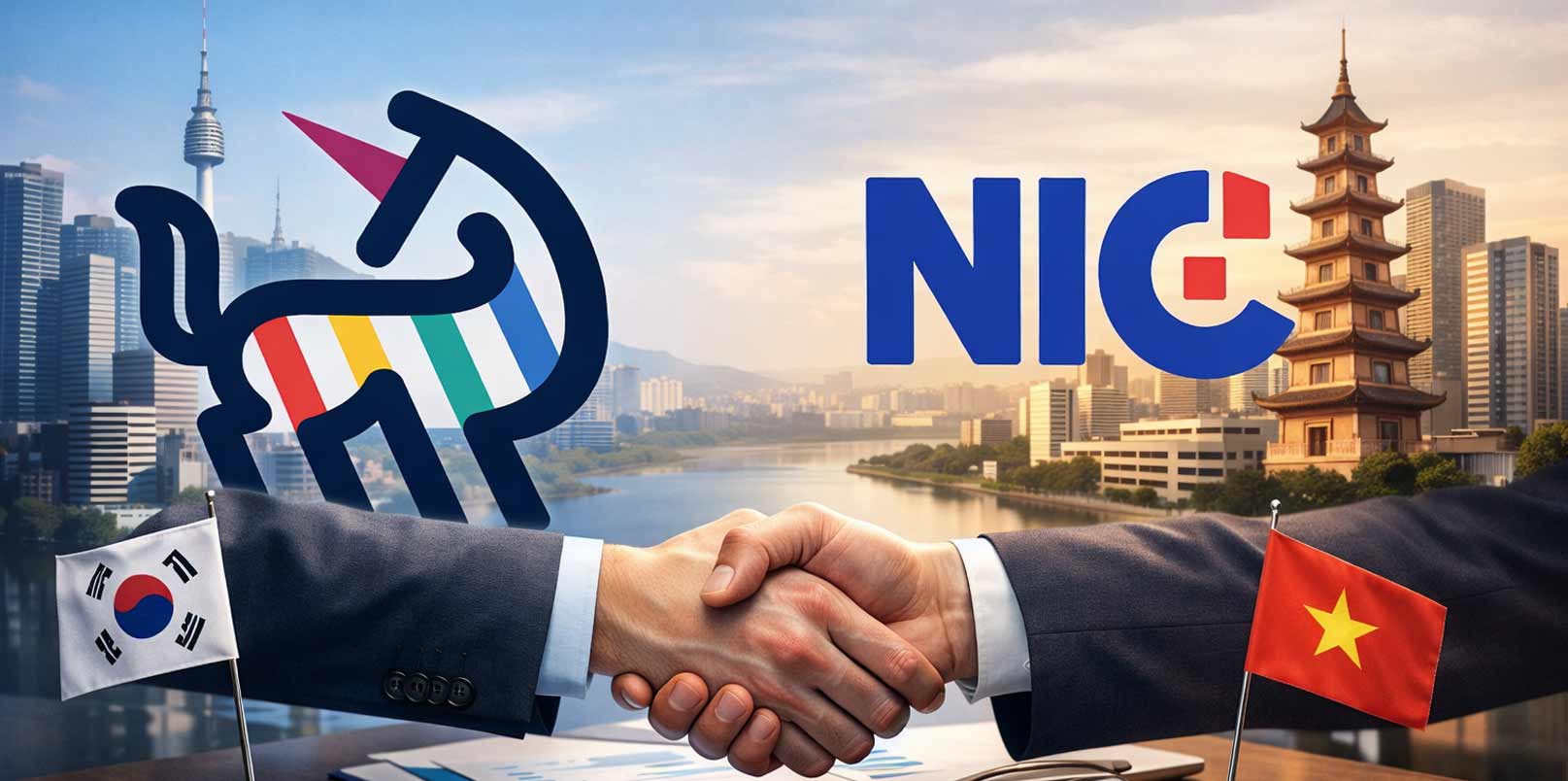As global protectionism reshapes trade conditions, Korea is reinforcing its support structures for SMEs in specialized sectors. The latest MOU between KOSME and KORASS focuses on railway SMEs and manufacturers, offering customized pathways into overseas markets. It’s a move that reflects both the challenges of international expansion and the opportunities Korea sees in aligning policy, certification, and sector expertise.
Korea’s Railway SMEs Secure Global Partnership Backing
Korea’s small and medium-sized railway enterprises are getting a new boost in their push toward global markets.
On September 5, the Korea SMEs and Startups Agency (KOSME) signed a memorandum of understanding (MOU) with the Korea Railway Industry Association (KORASS) at the association’s Seoul headquarters, committing to strengthen overseas expansion pathways for railway-focused SMEs.
The ceremony brought together KOSME Chairman Kang Seok-jin, KORASS Executive Vice Chairman Kim Hee-rak, and officials from both organizations. Their shared goal: to connect promising Korean SMEs in the railway sector with new international opportunities while resolving persistent barriers to overseas entry.
KOSME – KORASS MOU: A Framework for Tailored Global Expansion
The KOSME – KORASS MOU outlines four main areas of cooperation:
- Joint market intelligence: sharing global industry data and providing it directly to SMEs.
- Integrated program support: linking KOSME and KORASS initiatives to deliver customized overseas assistance.
- Program collaboration: developing online and offline expansion initiatives for international reach.
- Barrier resolution: identifying and easing local market challenges faced by SMEs abroad.
KOSME already operates stage-specific support programs that match a company’s growth phase. These include the Export Voucher Program, which funds overseas marketing activities; Online Export Support, which develops digital sales channels; and Overseas Business Bases (GBC/KSC), which provide office space and settlement services in key foreign markets.
For SMEs, this means help from the early steps of exporting all the way through to establishing a foothold overseas.
KORASS complements this by focusing on railway-specific growth needs. Its initiatives include supporting SMEs’ participation in international exhibitions, assisting in the acquisition of global product certifications, and providing training to build skilled workforces tailored to the railway industry.
Building on Global Engagement Momentum
The collaboration comes as KOSME continues to expand its international footprint. Earlier this year, the agency co-hosted a joint policy exchange seminar with the World Bank, promoting Korea’s SME growth model as a reference point for emerging economies. The new MOU with KORASS reflects a similar drive to translate policy frameworks into practical overseas opportunities for SMEs in specialized sectors like rail.
Strategic Timing Amid Trade Headwinds with KOSME – KORASS MOU
With global protectionism and tariff barriers raising concerns for Korea’s exporters, the agreement also carries wider strategic importance. By reinforcing programs that reduce costs, accelerate certification, and provide on-the-ground presence, KOSME and KORASS are giving SMEs tools to navigate a tougher trade environment.
KOSME Chairman Kang Seok-jin emphasized this point, stating:
“This agreement creates a strong cooperative foundation, leveraging the expertise of both KOSME and KORASS to help SMEs achieve breakthroughs in overseas markets. At a time when export conditions are worsening under protectionist trade policies, we will actively support companies so they can see tangible results abroad.”
Positioning Korea’s Railway SMEs for Global Growth
The railway industry, while less visible than Korea’s IT or consumer tech sectors, has significant potential to connect infrastructure, manufacturing, and global mobility markets.
For early-stage companies and SMEs, the ability to scale internationally is not only about contracts or exhibitions, but also about building credibility. Hence, programs like export vouchers, overseas bases, and certification support serve as practical enablers for long-term market positioning.
By anchoring SMEs in these networks, Korea highlights that its innovation-driven economy extends beyond consumer-facing industries into infrastructure-heavy, high-trust sectors such as rail transport. The MOU between KOSME and KORASS is one step toward ensuring that Korean SMEs can not only compete but thrive in global industrial markets.
– Stay Ahead in Korea’s Startup Scene –
Get real-time insights, funding updates, and policy shifts shaping Korea’s innovation ecosystem.
➡️ Follow KoreaTechDesk on LinkedIn, X (Twitter), Threads, Bluesky, Telegram, Facebook, and WhatsApp Channel.






